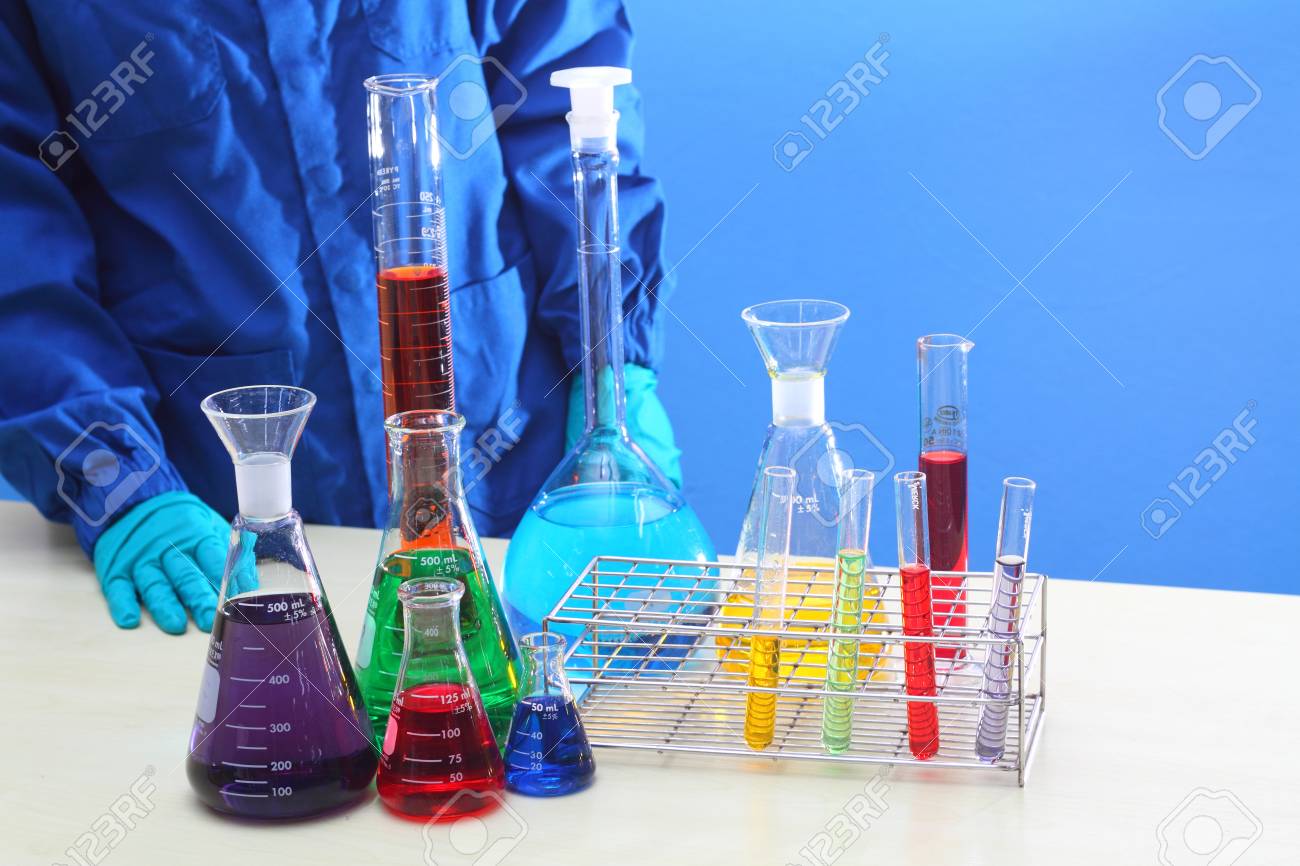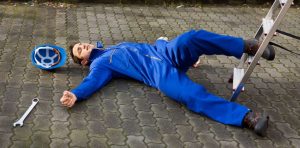
Work in chemical industry involves the use of equipment and other elements whose risks need to be known and which will need to be prevented in all cases. The safety issues in the laboratory is not a mere formal requirement. The risk of causing accidents such as fires or electrical shocks is always present. Something as simple as touching the chassis of equipment that is not properly isolated and through which only 20 mA circulate can cause death. Incorrect work with chemicals, on the other hand, can produce inhalation of toxic substances.
Hints to take into account:
1. Do not drink, eat, smoke or put on makeup in the laboratory.
2. Do not run in the laboratories.
3. Do not block the exit or corridors with machines or any element that hinders circulation.
4. Do not leave equipment running alone unless the possibility of changing parameters that could be dangerous has been taken into account and, therefore, all the safety measures of the case are considered. In addition, those responsible for the laboratory should be notified.
It is recommended to:
1. Know the location of the security elements that are in the laboratory: fire extinguishers, alarms, emergency exits, etc.
2. Maintain order and cleanliness. Each person is responsible for the area assigned and we are all responsible for the common areas.
3. Work in pairs to help each other in the event of an accident.
4. Wear comfortable clothes and shoes with rubber soles.
5. Verify, before leaving, that the workplace is clean. Save all used items in their place, If gas keys and/or faucets were used, verify that they are closed.
Rules for handling instruments and products:
Before handling an appliance or electrical assembly, disconnect it from the electrical network.
Do not operate an electrical circuit without seeing controlled the installation.
Do not use any tool or machine without knowing its use, operation and specific safety rules.
Handle fragile material with special care, for example, glass.
Inform of broken or damaged material.
Look at the signs of danger that appear in the bottles of chemical products.
Wash your hands with soap after touching any chemical product.
At the end of the practice, clean and order the material used.
If you accidentally splash, wash the affected area with plenty of water. If you sprinkle the table, clean it with water and then dry it with a cloth.
Avoid contact with heat sources. Do not handle flammable substances near them. To hold the glassware and remove it from the fire, use wooden clips. When you heat the test tubes with the help of these clamps, try to give them a certain inclination. Never look directly into the tube through its opening or direct it towards a partner.
All flammable products should be stored in a suitable place and separated from acids, bases and oxidizing reagents.
Acids and strong bases must be handled with great caution, since most are corrosive and, if they fall on the skin or clothing, can cause serious injuries and burns.
If you have to mix some acid (for example, sulfuric acid) with water, add the acid on the water, never on the contrary, because the acid “would jump” and cloud cause burns on your face and eyes.
Do not leave the bottles uncovered or aspire its contents. Many liquid substances (alcohol, ether, chloroform, ammonia) emit toxic fumes.







